Everything About Iftar During Ramadan
Have you ever heard of Iftar? When the sun goes down, it’s Iftar time for Muslims around the world. It means the end of another day of fasting during the holy month of Ramadan for them. Muslims around the world are waiting for Iftar. It’s more than just a meal. Iftar is really important spiritually. It shows thankfulness, being together with others, and caring about them. Iftar is when everyone gets together to break their fast and enjoy a delicious Iftar meal.
What Is Iftar & When Is It?
You may wonder what Iftar Meaning is. The word “Iftar” stands for the Arabic verb Iftara. It means “to break the fast.” It marks the moment when Muslims end their daily fast.
So, let’s talk about Iftar.
Picture this: after a whole day of not eating or drinking from sunrise to sunset, everyone’s super excited for the moment, when they can finally break their fast.
Now, when does it happen? Well, it’s kinda tied to when the sun sets. So, it’s not like a fixed time on the clock. It changes depending on where you are and what time of year it is. Iftar time varies depending on geographical location and the time of year. It aligns with the Maghrib prayer, which is performed shortly after sunset. This time is important because it’s when Muslims can finally eat and drink again after a day of fasting. It can help them feel better and feel refreshed.
Sometimes, families and friends gather around the table, waiting for their Iftar meal with delicious smells coming from the kitchen. Then comes the magical moment when it’s time for prayer. Before starting the Iftar dinner, Muslims often recite a special prayer, known as the Iftar dua, to express gratitude for the food and drink after a day of fasting. Thanking the man upstairs for the food and drink we’re about to enjoy.
So, Iftar is not just a meal; it’s a time to reconnect with loved ones, count our blessings, and show a little extra love to those around us. And as we gather around the table, we’re reminded of the true spirit of Ramadan community, compassion, and good food!
Image of Ramadan
Well, Ramadan is not just about starving! You may see some of the pictures in Ramadan. Iftar photos capture the essence of the evening meal during Ramadan. These photos often showcase beautifully laid-out tables filled with a variety of delicious foods, including dates, fruits, traditional dishes, and refreshing drinks.
They provide a glimpse into the warmth and togetherness of the occasion as families and friends gather to break their fast and share in the blessings of the meal. Iftar photos also serve as a visual representation of the cultural and culinary diversity observed during Ramadan.
Ramadan in Iran
In Iran, people have unique Ramadan traditions that add color to this month. Iftar is a time of togetherness and celebration after a day of self-discipline and reflection.
The table is adorned with an array of delicious dishes, ranging from traditional favorites to regional specialties. Dates hold particular significance, as they are traditionally the first food to be consumed when breaking the fast. Ramadan in Iran has a unique atmosphere, which you can feel through your heart.
What Is an Iftar Meal?
Traditional Persian cuisine of Ramadan takes center stage during Iftar, with dishes like Ash-e Reshteh (a hearty noodle soup), Kabab (grilled meat skewers), and Sabzi Polo (herbed rice) gracing the table. Another food is (Shole Zard) which is a traditional Persian dessert often enjoyed during Iftar. This golden-colored rice pudding is a staple in Iranian cuisine and holds a special place in the hearts of many.
Throughout Ramadan, Iranians also engage in acts of charity and generosity. From providing Iftar meals for the less fortunate to donating to local mosques and charities, the spirit of giving is alive and well during this holy month. It’s what Ramadan’s all about.
And let’s not forget about the spiritual aspect of Ramadan. In Iran, Muslims gather at mosques for special nightly prayers performed during Ramadan. These prayers offer a time for reflection, gratitude, and seeking forgiveness.
Eid al Fitr
As Ramadan is about to end, Iranians come together to celebrate Eid al Fitr, a special festival to mark the end of fasting. It’s a happy time filled with eating, giving gifts, and visiting loved ones.
During Ramadan in Iran, people show respect for their faith, come together as a community, and follow traditions. It’s a month where kindness, caring, and spiritual beliefs unite to make everyone feel good.
When it’s time to eat after fasting, Muslims say a special prayer. They thank Allah for giving them food and drink after not eating all day. This prayer helps them feel grateful and connected to their spirituality as they eat.
Breaking Fast with Dates
Breaking the fast with dates during Iftar in Ramadan is important for both religious and health reasons. It’s a tradition deeply rooted in the Islamic faith because it’s what the Prophet Muhammad did. He said it’s better to start with dates, and if not, then water.
Muslims all over the world follow this practice to honor the Prophet’s teachings and feel spiritually connected. From a health perspective, dates are a great choice because they’re packed with natural sugars, fiber, and carbs, giving a quick energy boost after fasting all day. This is especially helpful when feeling tired from low blood sugar levels.
Dates also have important nutrients like potassium, magnesium, and vitamins, which are good for staying healthy overall. So, breaking the fast with dates not only follows tradition but also helps people feel better and get the nutrients they need after fasting.
Starting Iftar with dates does two important things: it follows the Prophet’s example and gives people fasting a healthy burst of energy to feel better after not eating all day. This tradition keeps the spirit high and the body nourished during Ramadan.
Health Secrets of Ramadan
Ramadan, the holy month observed by Muslims worldwide, has several impacts on health, both positive and potentially challenging.
This period of intermittent fasting can have positive effects on metabolic health. Research suggests that fasting may improve insulin sensitivity, lower cholesterol levels, and promote weight loss in some individuals. However, it’s essential to maintain a balanced diet and stay hydrated during non-fasting hours to ensure overall health and well-being.
During Ramadan, it’s hard to stay hydrated, especially when it’s hot outside or the days are long. Not drinking enough water can make you feel tired, give you headaches, and make it hard to focus. That’s why it’s super important for people fasting during Ramadan to drink lots of fluids when they’re allowed to eat and drink. This helps them stay hydrated and healthy.
Ramadan Fasting Rules
The pre-dawn meal (Sahur or Sahari) and the Iftar meal to break the fast play a significant role in Ramadan nutrition. While these meals provide essential nutrients and energy for the day, there is a risk of overeating or consuming unhealthy foods, which can lead to digestive issues and weight gain. It’s essential to focus on balanced meals that include a variety of food groups, such as fruits, vegetables, whole grains, lean proteins, and healthy fats, to support overall health and nutrition during Ramadan.
Changes in meal timings and sleep patterns during Ramadan can impact energy levels and sleep quality. Some individuals may experience fatigue, especially during the initial days of fasting, due to disrupted sleep patterns or insufficient rest. It’s essential to prioritize sleep hygiene practices, such as maintaining a regular sleep schedule, creating a comfortable sleep environment, and avoiding caffeine and electronic devices before bedtime to ensure adequate rest and energy levels during Ramadan.
It’s okay to do some light exercise during Ramadan, but doing really hard workouts when you’re fasting might be tough. It’s important to pay attention to how your body feels and change your exercise plans if you need to. Instead of intense workouts, try doing easy activities like walking, stretching, or gentle yoga. These can keep you healthy and feeling good during Ramadan.
Ramadan Fasting Things to Know
If you’re new to fasting, consider starting with shorter fasts and gradually increasing the duration as you become more comfortable. If you have any medical conditions or concerns, it’s important to speak with a healthcare professional before starting a fast to ensure it’s safe for you. Also, pay attention to how you’re feeling during the fast, and don’t push yourself too hard. If you start to feel unwell or experience any adverse symptoms, consider breaking your fast and seeking medical advice if necessary.
In summary, Ramadan can have both positive and challenging impacts on health. While fasting may offer metabolic benefits and promote spiritual reflection, it’s essential to prioritize hydration, nutrition, sleep, and physical activity to ensure overall health and well-being during this sacred month.
Consulting with healthcare professionals or nutrition experts can provide personalized guidance and support for individuals observing Ramadan. At last, fasting offers spiritual growth, but always remember to take care of yourself and your health along the way.
Conclusion
So, to end this article, Iftar in Islam is about more than just sharing a meal. Iftar time brings people together in gratitude and unity, strengthening bonds within the Muslim community. It’s a chance to reflect on our faith, show discipline, and feel closer to the divine. Through the practice of Iftar during Ramadan fasting, Muslims everywhere show they care and understand each other, which makes this time of year very special. Visiting Iran during Ramadan can be a unique trip to experience.
Are you planning to travel to Iran and looking for an Iran travel agency? Check out our Iran tours and Religious Tours to Iran.

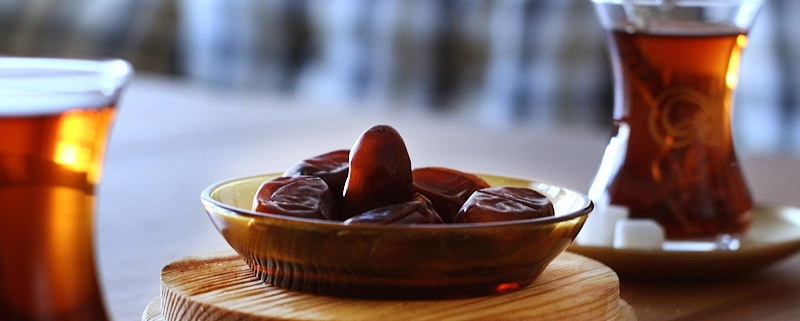
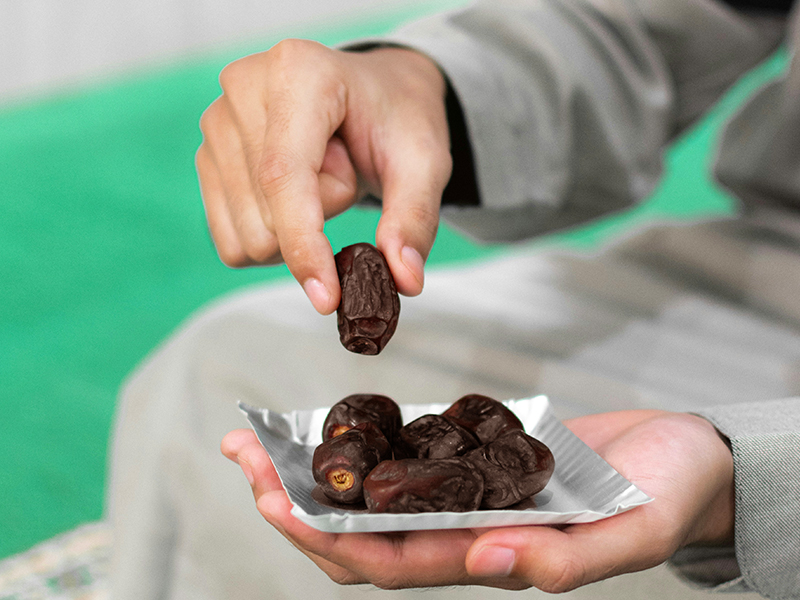
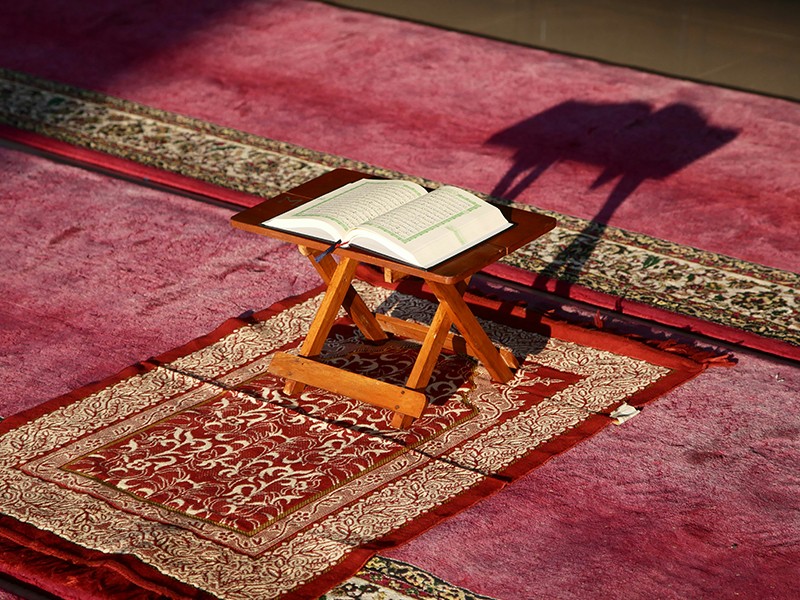
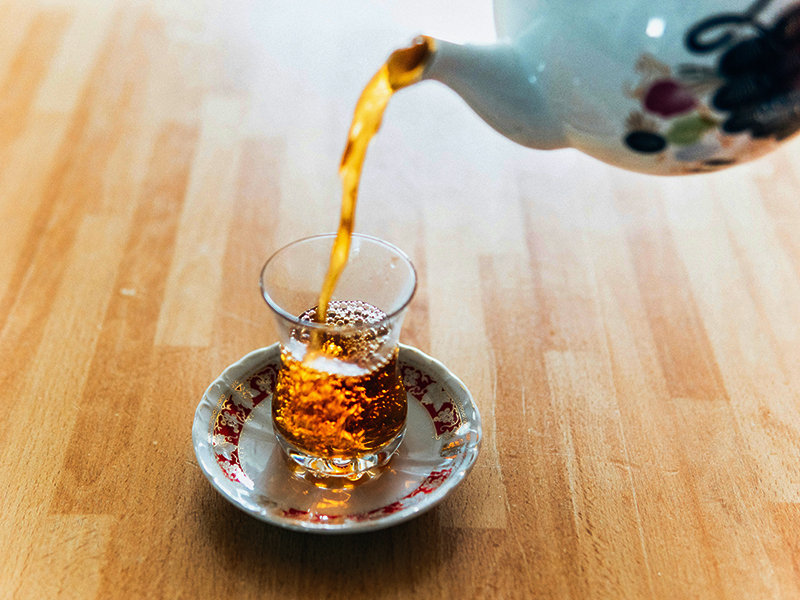

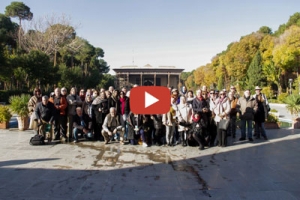


Leave a Reply
Want to join the discussion?Feel free to contribute!